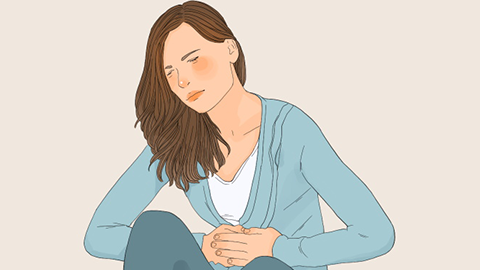What are the clinical manifestations of PD-1-induced immune-mediated colitis?
PD-1 generally refers to PD-1 inhibitors, a type of immune checkpoint inhibitor used to treat various types of cancer. These drugs may cause immune-related adverse reactions. Immune-mediated colitis caused by PD-1 inhibitors can present clinically with increased frequency of diarrhea, abdominal pain and bloating, changes in stool characteristics, blood or mucus in the stool, and associated systemic symptoms. If the above symptoms occur during treatment and progressively worsen, prompt medical attention is recommended.
1. Increased frequency of diarrhea: Patients may experience a significant increase in daily bowel movements, often three or more times per day and sometimes exceeding ten times. Stools are typically watery or loose, and diarrhea tends to persist for a prolonged period. Conventional antidiarrheal medications are often ineffective, which can impair normal daily activities and nutrient absorption.
2. Abdominal pain and bloating: Patients may develop persistent or intermittent dull or distending pain, usually located in the lower abdomen. Some individuals also feel abdominal fullness. Abdominal pain may temporarily improve after defecation but tends to recur frequently, interfering with daily activities.

3. Changes in stool characteristics: In addition to becoming looser, stools may become unformed or paste-like, and may contain undigested food particles. Some patients may notice abnormal stool odor, such as a fishy or foul smell, suggesting possible mucosal damage or inflammatory exudation in the intestine.
4. Blood or mucus in stool: As the condition progresses, intestinal mucosa may become congested, eroded, or even ulcerated, leading to blood in the stool—appearing as bright red or dark red streaks. Some patients may have mucus coating the surface of their stool; in severe cases, mucus and pus mixed with blood may be present.
5. Systemic symptoms: Some patients may develop low-grade fever, fatigue, decreased appetite, and weight loss. Severe diarrhea may lead to dehydration and electrolyte imbalances, manifesting as dry mouth, reduced urine output, and dizziness, requiring timely intervention.
Symptoms typically appear several weeks to months after starting treatment, and severity varies among individuals. It is advisable to maintain a light, easily digestible diet during treatment, avoiding spicy, raw, cold, or high-fiber foods. Drink fluids in small amounts frequently to prevent dehydration, maintain regular作息 (daily routines), avoid overexertion, and closely monitor changes in bowel movement frequency, stool characteristics, and abdominal pain. Keeping a symptom diary is recommended for ongoing assessment.




